Boundaries: When to Say Yes, How to Say No to Take Control of Your Life
by Henry Cloud and John Townsend
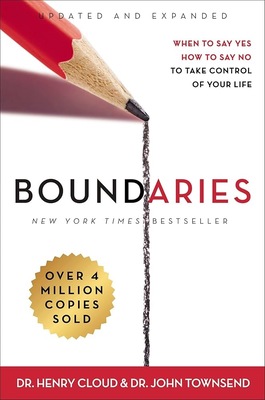
I think this book could have good potential, but forced Bible references in almost every paragraph are off-putting. My recommendation - avoid.
My Indie Book
by Tony Dinh

The book is about a similar journey to what I'm currently going through - how a software engineer built a startup.
Tony and I share similar experiences and came to similar conclusions. I found it useful to read for other people’s experiences. It helped me to reflect on my journey.
The book is extremely repetitive and poorly written. Which is interesting on its own, as the author is fine to sell such quality.
The Myth of Normal
by Gabor Maté
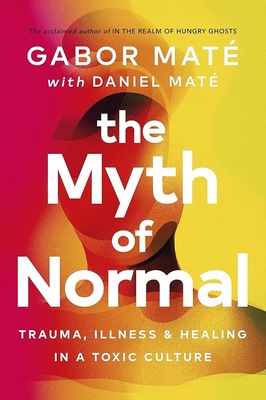
I finished 35% of this book and decided to stop. The book is unnecessary long and lacks coherence. The author makes big claims but fails to support them with equally sized facts. Also the book pushes on emotions with many individual stories, and lacks analysis of the discussed topics.
My recommendation is to avoid this book.
The Cold Start Problem: How to Start and Scale Network Effects
by Andrew Chen
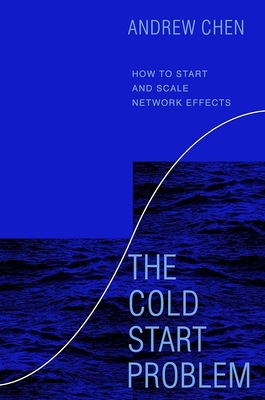
This book has one or two good ideas but overall it's a waste of time. You might like it because it's full of unrelated success stories backed by survivorship bias. My recommendation is to avoid.
Discipline is Destiny
by Ryan Holiday
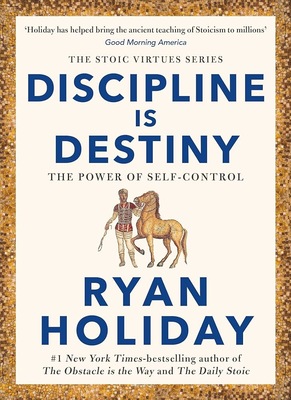
The Destiny book lacks purpose. Maybe except to benefit the author. The book is an aggregate of ideas and examples pulled from other sources. Most of them are good and relevant but deserve to be discussed in a context. The book feels like a collection of notes written through the years and put into a book without connections between them.
This book is a good example of a "popular writer" issue. An author gets popular with one book and then starts producing many books after to milk their fame. Unfortunately fresh and interesting content is hard to produce and takes a lot of time. As a result any subsequent publishing is mediocre at best. My advice, be wary of authors with more than 1 book per decade.
I would not recommend this book to anybody.
Start with Why
by Simon Sinek
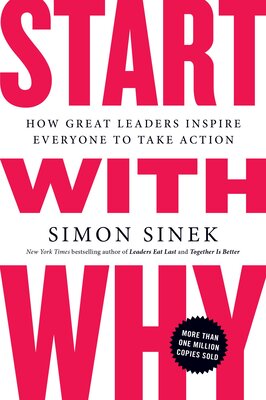
I was worried that I’m not critical enough when I’m rating books as I usually give high ratings to books I read. I’m glad to know that’s not the case. This book is terrible. It’s the worst I’ve seen in a while. I enjoy Simon’s inspirational speeches and I’m fully on board with the importance of “why” topic. And yet when combined the book has nothing to offer. The reasoning is flawed and the ideas are very repetitive. It is not inspirational, nor practical, nor insightful.
Measure What Matters
by John Doerr
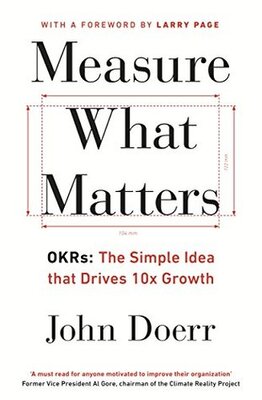
I do not recommend this book. The book brags about success stories. If at least one employee heard of OKRs, the author would claim the company's success solely to OKRs. This book takes survivorship bias to the extreme. What this book does not talk is how the mentioned companies, including OKR mother-ship Google, constantly fail. You might assume those teams didn't implement OKRs correctly. However the book does not tell you the correct way and you have to figure out it for yourself.
Without that, it's a pigeon superstition:
However I would recommend the resources at the end of the book.
Don't get me wrong, the topic of goal setting and uniting teams is very important. OKR is a fancy word for the goal setting and it creates more confusion. Without understanding of OKR implementation details it's too easy to fall into cargo culting.